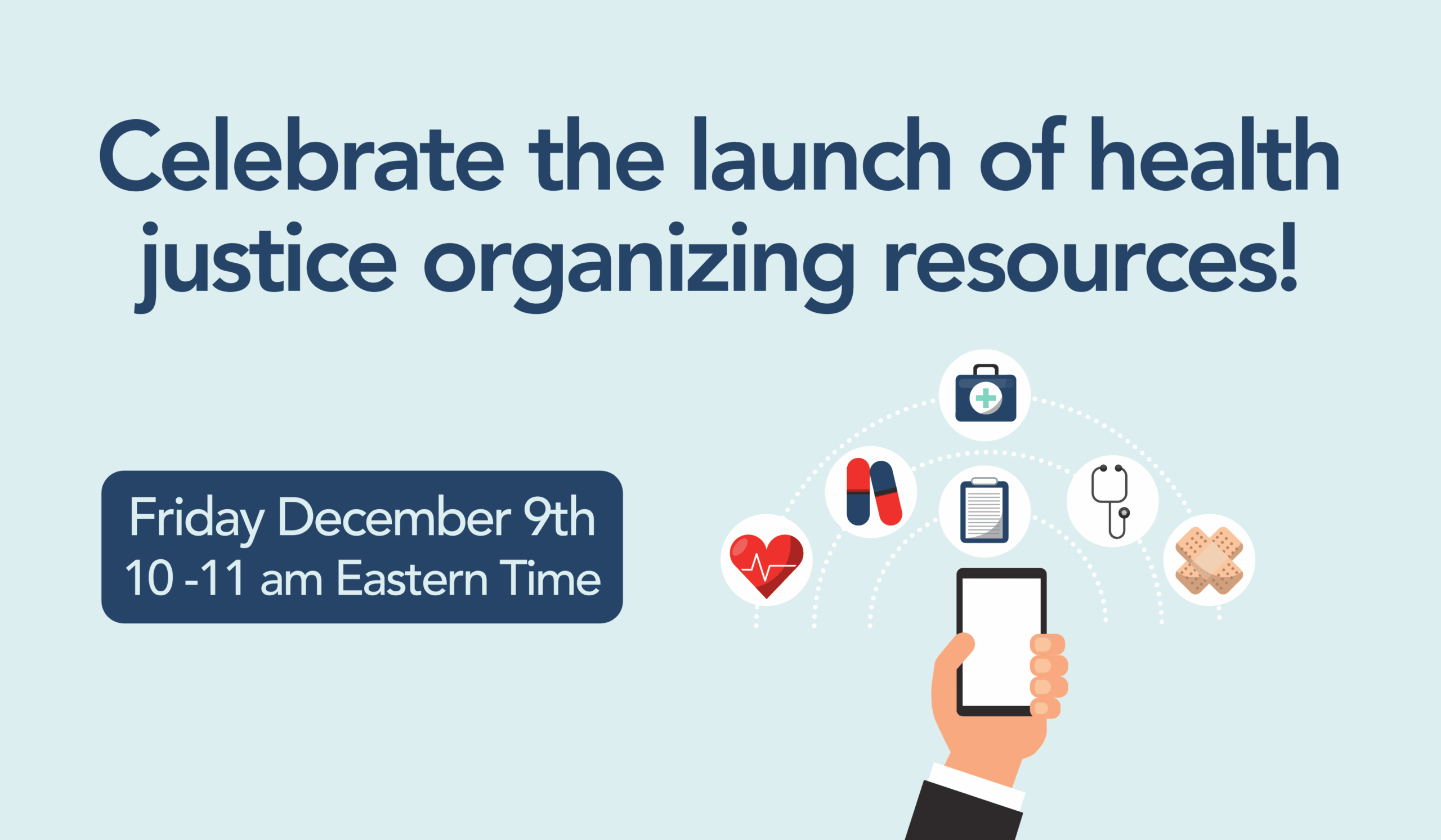In contemplating the intricate relationship between community justice and unity as illustrated within the Bahá’í teachings, one may pose the playful question: Can collective action serve as the thread that stitches together the frayed fabric of societal disparities? This query not only encapsulates the essence of community engagement but also invites a profound contemplation of the fundamental principles that underpin the Bahá’í approach to social transformation.
As Bahá’ís engage in organizing for change, they draw upon a rich tapestry of teachings that emphasize the necessity of unity amidst diversity. The overarching principle that underlies this ethos is the recognition of the oneness of humanity, a tenet that calls upon individuals to transcend racial, cultural, and societal divisions. This principle serves as both a guiding beacon and a poignant reminder of the potential that exists when diverse voices converge toward a common purpose. In the spirit of this unity, individuals are encouraged to embrace an attitude of service, fostering a communal spirit that prioritizes dialogue and collaborative action.
The Bahá’í teachings advocate for justice as a cornerstone of any social transformation endeavor. Constructive approaches to justice necessitate not just the rectification of wrongs, but the establishment of equitable systems that promote the wellbeing of communities. This entails a participatory framework that empowers individuals from all sectors of society, particularly those marginalized or disenfranchised. The question arises: how can communities effectively mobilize their collective energies to ensure that justice is not merely an abstract ideal but a lived reality?
To answer this, it becomes pertinent to examine the multi-faceted role of education within the Bahá’í framework. Education serves as a catalyst for personal and community development. It engenders critical thinking and raises awareness about social injustices, thereby equipping individuals with the tools necessary for effective advocacy. Furthermore, educational initiatives that are inclusive and accessible hold the potential to galvanize collective action, as knowledge begets empowerment. In pursuing such educational endeavors, the imperative to foster a culture of unity and collaboration becomes apparent. It invites individuals to engage in a holistic understanding of justice that harmonizes moral action with intellectual inquiry.
Yet, the journey towards community justice is riddled with challenges. Societal apathy and entrenched prejudices may dampen the spirit of collaboration and inhibit the momentum necessary for meaningful change. Thus, it is essential to cultivate resilience within communities. This can be achieved by organizing forums and platforms that invite discussion and reflection on issues of justice and inequality. By fostering a dialogue that honors diverse perspectives, communities can forge deeper connections, thereby strengthening their collective capacity to advocate for change.
In addition to educational initiatives and dialogues, the Bahá’í teachings advocate for the creation of collaborative networks. These networks act as a nexus for individuals and organizations committed to social justice. By uniting diverse stakeholders, these networks harness a wealth of perspectives and resources, which can dramatically amplify the impact of community-driven initiatives. This instrumental approach necessitates an understanding of the interconnectedness of various social issues, where addressing one aspect—be it economic inequality or racial injustice—contributes holistically to the pursuit of greater social equity.
Equally important is the concept of consultation, which is deeply embedded in the Bahá’í administrative framework. This consultative process inspires a level of engagement that transcends mere consensus-building; it promotes a dynamic dialogue where every voice is acknowledged and valued. In practice, consultation can illuminate pathways for collective action, allowing communities to coalesce around shared visions for justice. The question of how to implement an effective consultative process becomes paramount: what methods encourage genuine participation and collaboration among community members?
Delving into the nuances of this inquiry reveals the significance of fostering an atmosphere of trust. Trust acts as the cornerstone of effective consultation. It encourages individuals to express their viewpoints candidly and engage authentically in the decision-making process. Consequently, cultivating an environment where vulnerability is embraced and conflicts are navigated constructively is essential. By addressing tensions openly and honestly, communities can emerge more unified and cohesive, equipped to tackle the challenges that lie ahead.
Moreover, the integration of spirituality into the fabric of community organizing emerges as a pivotal element of the Bahá’í approach. Spirituality enriches the pursuit of justice by anchoring it within a broader moral framework, reminding individuals of their intrinsic value and interconnectedness. It instills a sense of purpose that drives collective action, inspiring community members to engage in service and selflessness. This raises yet another contemplative question: how can the spiritual dimensions of justice be woven into the fabric of secular organizing efforts without diluting their potency?
In seeking answers, one must navigate the space where spirituality and practical action intersect. Engaging in communal practices such as prayer and reflection can ground the movement in values of compassion and empathy, invigorating individuals’ commitment to pursue justice relentlessly. Additionally, weaving narratives of unity and shared destiny into communication strategies can inspire broad-based participation, emphasizing that everyone has a role to play in this collective endeavor.
Ultimately, organizing for change within the context of Bahá’í teachings encapsulates a profound journey—one that recognizes justice not merely as a destination but as a continuous process of growth and engagement. By fostering education, cultivating trust, harnessing collaborative networks, and embracing spirituality, communities can transcend obstacles and work toward the establishment of a more just and unified society. The challenge that lies ahead is formidable, yet the promise of a harmonious society where justice flourishes is well within reach for those who dare to imagine and act. In this quest, let all contribute to the majestic movement of collective betterment.
